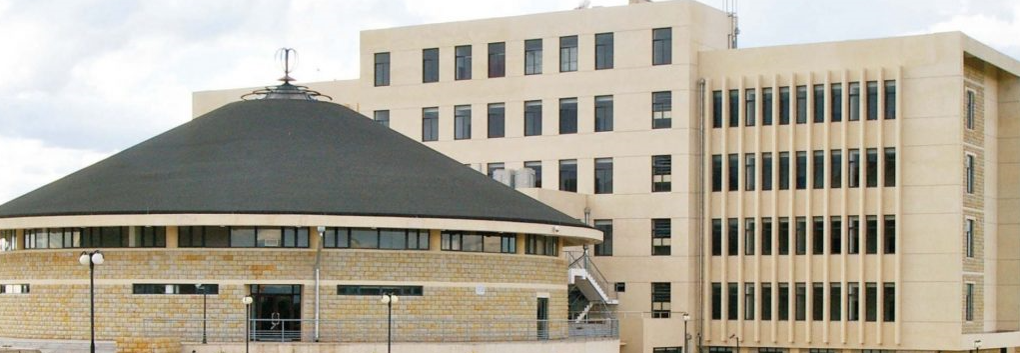Editorial Comment
As the sun sets on Wednesday, less than 48 hours before Basotho begin casting their votes in the Local Government Elections, Maseru, the capital city, exuded an unusual tranquility.
The usual frenzy associated with elections was conspicuously absent, prompting some to dub these elections as the “most uneventful†in the country’s electoral history.
September 27 offered no discernible signs of the impending elections.
The cityscape retained its customary composure, seemingly unflustered by the impending democratic exercise. This peculiar calm beckons us to ponder the state of civic engagement in our country.
Yet, in this apparent quietude lies a narrative worth exploring. It prompts the essential question of whether this tranquility signifies apathy or a deeper faith in the electoral process.
Is it a reflection of disillusionment or, perhaps, an affirmation of stability and trust in our existing local governance structures?
It is crucial to remember that the absence of overt election fervor does not necessarily imply disinterest or indifference. In many cases, it may signify a population confident in the democratic processes that underpin our nation’s governance.
The Local Government Elections, despite their understated demeanor, hold profound significance. They form the bedrock of community representation and influence.
Those who will be elected, working at the grassroots level, are meant to play a pivotal role in shaping the daily lives of citizens. Their decisions will impact service delivery, infrastructure and the overall quality of life in our local communities.
While the fervor of national elections may be absent, the importance of local governance cannot be overstated. It is within our district councils and community councils that the core issues of citizens find resonance.
Perhaps the subdued atmosphere surrounding these elections serves as a reminder that democracy, at its core, is not just about spectacle or noise. It is about the quiet power of citizens to make choices, hold their elected representatives accountable, and shape their communities for the better.
The absence of visible election fever could be viewed as a sign of maturity in Lesotho’s democratic processes. As we approach these Local Government Elections, let us not mistake the quiet for indifference.
Instead, let us recognise it as a testament to the strength and stability of Lesotho’s democratic foundation. It is a reminder that democracy is not always about grandiose displays, but about the steadfast commitment of citizens to participate in shaping their own destinies, even in the most unassuming ways.
As the ballots are cast and decisions made today, let us appreciate the quiet symphony that underlies these elections.
In addition to what may be considered the most uneventful elections, the Director General of the Directorate on Corruption and Economic Offence (DCEO), Motlalekhotso Knorx Molelle, has inspired hope among citizens.
In a resounding declaration against corruption, he signaled a seismic shift in the agency’s approach. No longer will the DCEO be relegated to a “toothless watchdogâ€. Molelle’s words carried weight, and we are hopeful that they will herald a new era of enforcement and accountability.
This resolve was vocalized during the recent signing of a Memorandum of Understanding (MOU) among five Southern African Development Community (SADC) anticorruption agencies. The collaborative efforts, initiated in 2012, have culminated in what is now known as the Anticorruption Games—a testament to the dedication of these nations in the fight against corruption.
Molelle’s emphasis on recent arrests being just the beginning is a promising sign. It underscores the agency’s commitment to rooting out corruption at its core. Collaborations with law enforcement agencies and the call for decisive action from stakeholders in the criminal justice system further reinforce this commitment.
Summary
- It is a reminder that democracy is not always about grandiose displays, but about the steadfast commitment of citizens to participate in shaping their own destinies, even in the most unassuming ways.
- In addition to what may be considered the most uneventful elections, the Director General of the Directorate on Corruption and Economic Offence (DCEO), Motlalekhotso Knorx Molelle, has inspired hope among citizens.
- The collaborative efforts, initiated in 2012, have culminated in what is now known as the Anticorruption Games—a testament to the dedication of these nations in the fight against corruption.

Your Trusted Source for News and Insights in Lesotho!
At Newsday Media, we are passionate about delivering accurate, timely, and engaging news and multimedia content to our diverse audience. Founded with the vision of revolutionizing the media landscape in Lesotho, we have grown into a leading hybrid media company that blends traditional journalism with innovative digital platforms.










